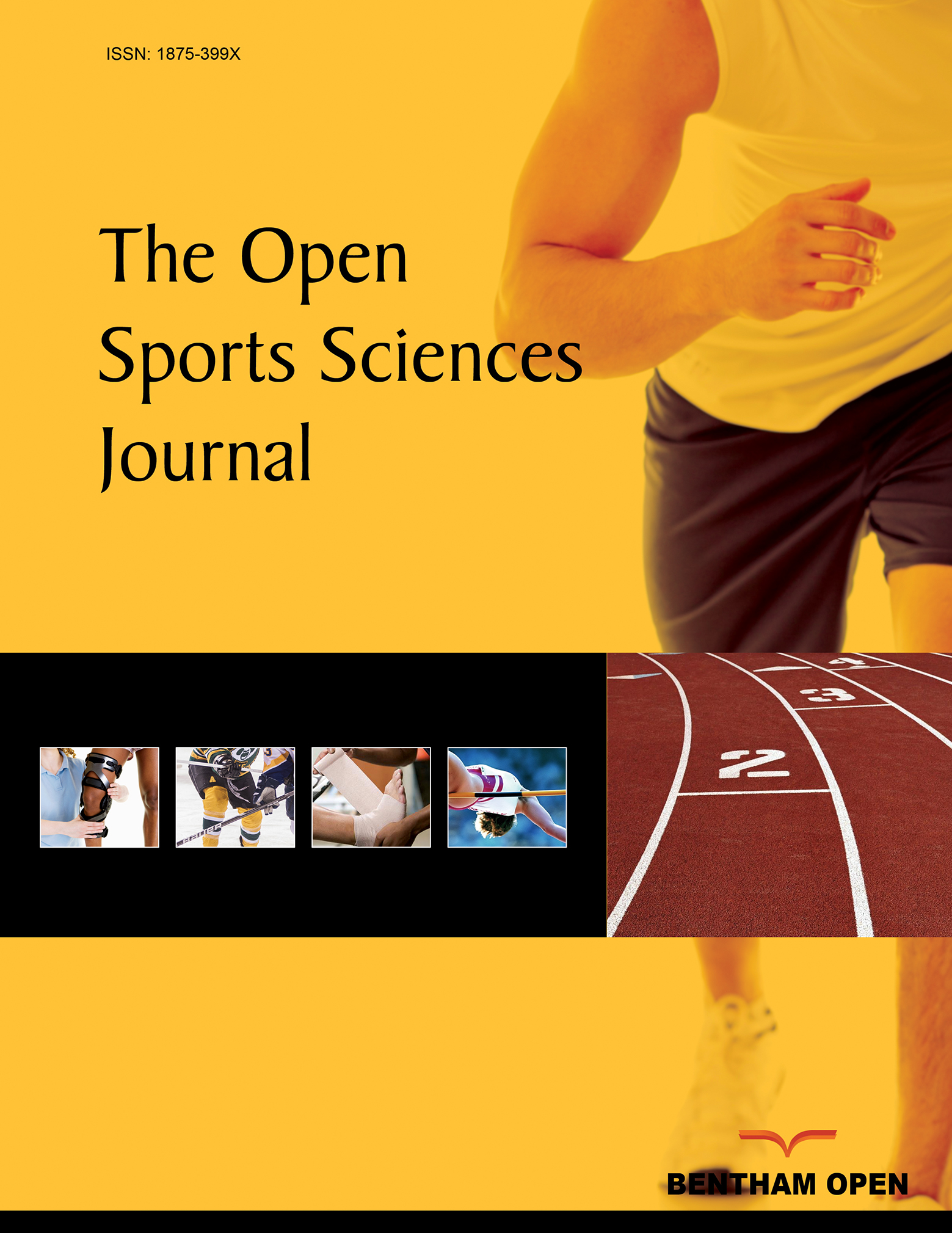All published articles of this journal are available on ScienceDirect.
Pre-Service Physical Education Teachers’ Discourses on Learning How to Become a Teacher: [Re]Constructing a Professional Identity Based on Visual Evidence
Abstract
Identity has been used as an analytical tool to capture how teachers work, learn and develop professionally. This paper takes chiefly Gee’s [1] discursive notion of identity to examine the discourses that pre-service physical education teachers used about themselves and others in discussing their teaching practices in the context of their practicum training in school. More specifically, this study aims to identify and characterize the situations of concern [roles, individuals, groups, events, meanings] to the pre-service teachers when learning to be a physical education teacher and when [re]constructing their professional identity through a dialogic relation between talk and images. Nine preservice teachers from the Faculty of Sport, University of Porto participated in this study. Data were gathered using photo elicitation interview technique: photographs and videos, produced by the participants, were used as prompts for discussion in two focus group sessions [2, 3]. We adopted an inductive approach to thematic analysis based on the Grounded Theory coding principles [4, 5], supplemented by a situational analysis [6] to map visual discourses and construct photo-essays [7] upon them. The images portrayed the participants in situations of classroom practice, learning-to-teach resources, social recognition and teachers’ mission. Their discourses upon those photographs and videos recognized the physical education teacher as a type of teacher who: [i] cares for planning duties, carefully prepares their lesson and complies with institutional roles, as planning and teaching; [ii] constantly searches for professional excellence and updates their knowledge [e.g. transferring pedagogical strategies fromother contexts]; [iii] individually/collectively reflects upon their practice, learns and shares knowledge with their colleagues, is in constant development, and builds their identity in allegiance with others [e.g. class observations and mentoring meetings]; and [iv] extends their school practice beyond the instruction tasks and has the power to project and exercise higher roles [e.g. extracurricular roles].


